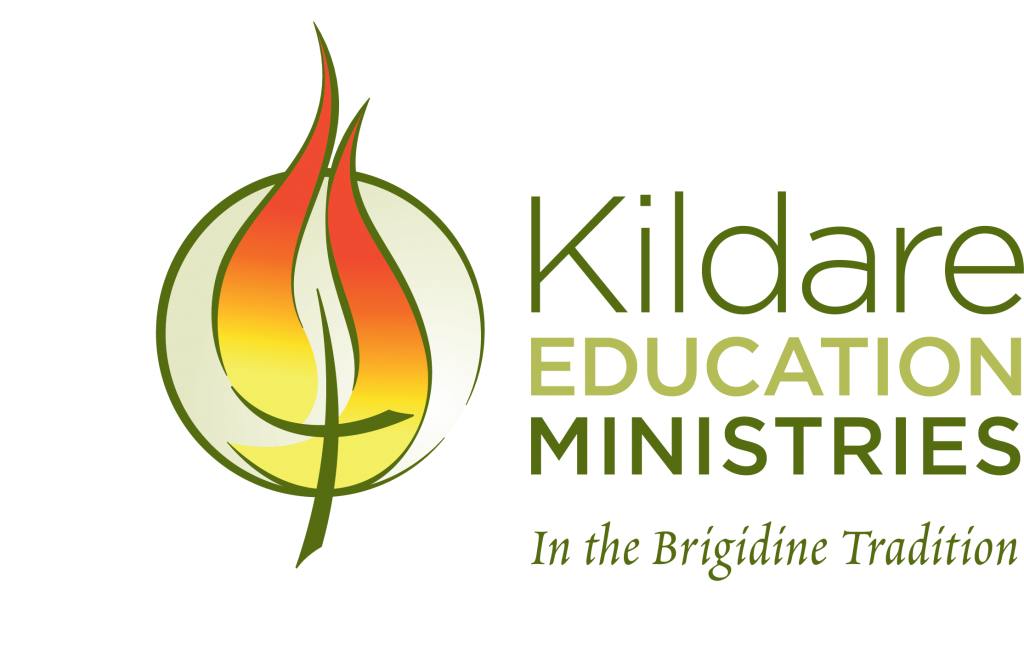
Every Child in Every Community Needs a Fair Go
2023 theme: ‘Where we start matters’.
In 2023, the message that ‘Every child in every community needs a fair go’ will be complemented with the theme ‘Where we start matters’.
Where we start our lives in terms of where we live, the resources available to us, and the opportunities presented to us make a significant difference to our life outcomes.
Where we start as a service sector in offering children and their families support and assistance makes a significant difference to life outcomes.
Where we start as decision makers in addressing large complex policy problems such as child abuse and neglect, also has a significant personal, social and economic outcomes.
We invite you to use this theme to explore and talk about the many ways that ‘where we start matters’ for children, young people and their families.
Of course where we start isn’t where we finish.
The aim of Child Protection Week is to bring together partners to focus on addressing the significant harms being experienced by children in Australia. By working collectively to change the trajectory of these children and families, we can reduce the number of children who may come in contact with the child protection system. The time to act is now.
National Child Protection Week is all about the ways that we can all work together to build communities that support children and families.
Children are safest when they are listened to, respected and believed.
All adults can play a part by ‘tuning in’ to children in everyday situations about small worries; then they are much more likely to feel comfortable telling us if something big is wrong.
Talking with children about safety:
• Support children to identify trusted adults (both within the family and outside) they can talk to, if they are worried, upset, or don’t feel safe. Make sure these adults know they are on your child’s list.
• Remind children that they can talk to you or a trusted adult about anything, no matter how big or small their worry might be.
• Talk to children about how they know when they feel safe or unsafe. Help them to listen to their early warning signs (how their body feels), and to trust their feelings and instincts.
• Use everyday activities as opportunities for conversations (e.g. preparing meals and snacks, going for walks, playing, shopping). If children are used to having lots of communication, it can make it easier to talk when big or tricky issues come up.
• Be open to talking about all kinds of feelings, including anger, joy, frustration, fear and anxiety. This helps children to develop a ‘feelings vocabulary’.
Background NAPCAN & National Child Protection Week
About NAPCAN & primary prevention
The National Association for the Prevention of Child Abuse and Neglect (NAPCAN) advocates for the rights of children and young people. We know that the only way to keep children and young people safe from harm is to stop abuse before it occurs and prevent them from entering the statutory child protection system. We know that ‘primary prevention’ is the best option for children, for families, for communities, and for government budgets.
Primary prevention of child abuse is defined as any intervention that prevents child abuse from occurring, including strategies such as:
• building strong communities where everyone understands their role in protecting children
• valuing children and advocating for their rights, and for their voices to be heard
• expanding and improving coordination of social services
• supporting families
• educating families about child behavior, discipline, safety and development
• creating organisations that are child safe and child friendly
• addressing risk factors for abuse such as poverty, domestic violence and housing instability.


